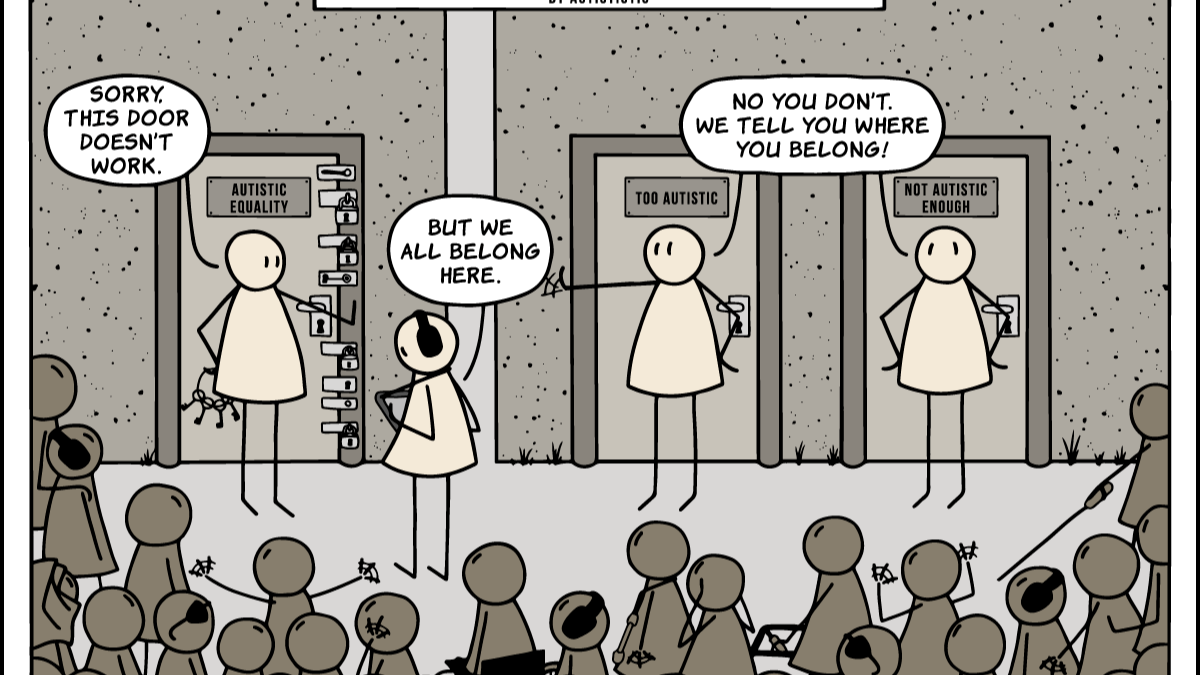
Autism affects every person differently. Sometimes people use the terms “high-functioning” and “low-functioning” to describe someone’s autism. But these labels can be offensive.
People often still informally use these labels to describe someone’s autism, even though they’re not medical terms.
What is low-functioning autism?
About 30% of people with autism also have an intellectual disability. This means they may need help with everyday tasks and sometimes aren’t able to live alone. Many people call this “low-functioning autism.”
What is high-functioning autism?
Other people may have autism with less obvious symptoms. They often do well in school and have fewer problems communicating. People usually call this “high-functioning autism” or the outdated term, Asperger syndrome.
The American Psychiatric Association (APA) introduced three ASD severity levels in the DSM-5, the handbook health professionals use to diagnose mental disorders. These levels describe the level of support someone with autism needs based on their behaviors and social communication needs:
To talk about how autism affects someone, you can use terms like “more significant” or “less significant.” Better yet, ask someone with autism or their caregiver how they prefer to describe their condition.




